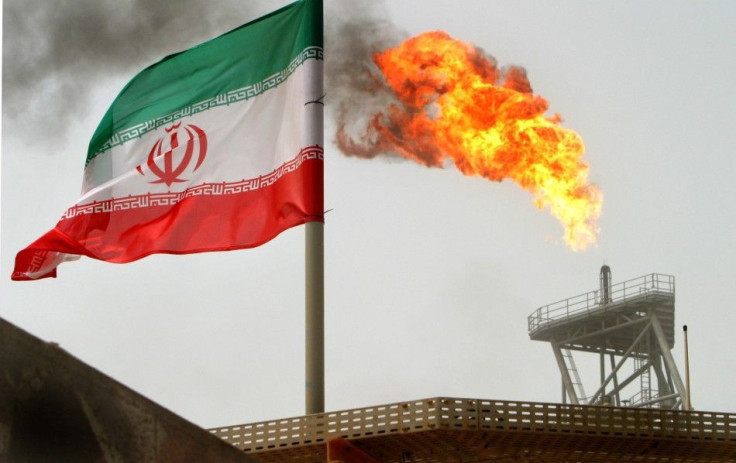Iran Keeps Biggest Oil Customer As China Gets U.S. Sanctions Waiver

The United States gave China and Singapore exemptions from new sanctions targeting Iran's central bank and oil industry, which took effect on Thursday. The sanctions will penalize nations and foreign companies that do business with Tehran, but China and Singapore became the 19th and 20th countries to receive a waiver, which can be renewed after six months.
The Obama administration has been trying to pressure Iran economically into stopping the enrichment of uranium at 20 percent levels, but recently has added negotiation and diplomacy to its tool box, with the P5 + 1 talks now underway. Since the U.S. sanctions and a European Union embargo were announced, Iran's exports have decreased by about a million barrels of oil per day, which equates to about $8 billion per quarter, according the CNN. Contemporaneously, the Iranian rial has dropped in value by 45 percent, while unemployment and inflation rise.
“Their cumulative actions are a clear demonstration to Iran’s government that Iran’s continued violation of its international nuclear obligations carries an enormous economic cost,” Clinton said of China, Singapore and the 18 other countries that have been granted exemptions.
But by exempting China, the U.S. is allowing Tehran to keep its biggest petroleum customer. Although China has drastically cut its imports from Iran this year by 25 percent -- which, Clinton explained on Thursday, was the reason that China got the exemption in the first place -- China has again increased its crude purchases to about 500,000 barrels per day, about a quarter of Iran's total exports.
However, if China wasn't exempt, very little would be different. When U.S. President Barack Obama signed the sanctions into law on Dec. 31, China defiantly said that the United States did not have the authority to dictate a global response to Iran's nuclear program. Foreign ministry spokesman Hong Lei said in January that China opposes placing one's domestic law above international law and imposing unilateral sanctions against other countries, claiming that only the United Nations could impose global sanctions (and if the U.N. tried, China would be able to veto them in the Security Council).
The exemption also keeps China and the United States, both of which are members of the P5 plus 1 group, on friendly terms as nuclear negotiations with Tehran continue.
© Copyright IBTimes 2024. All rights reserved.




















